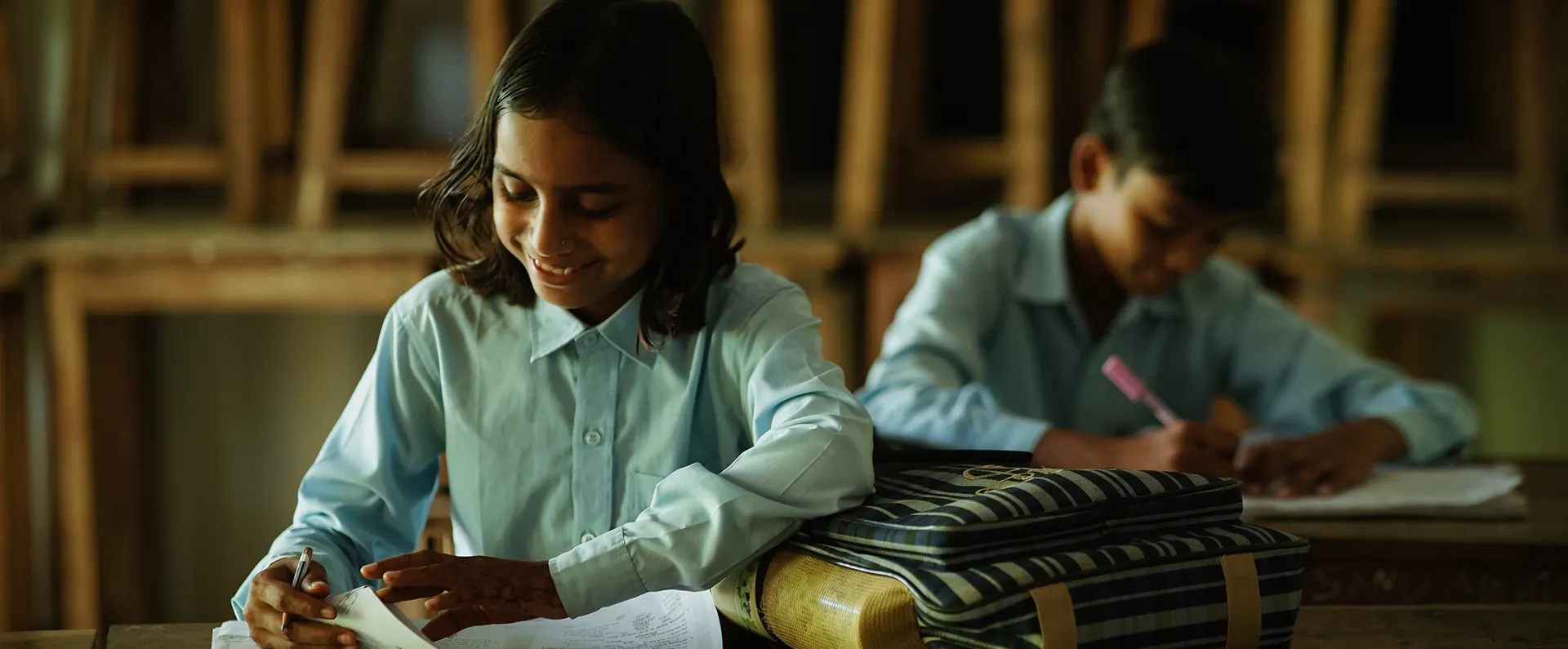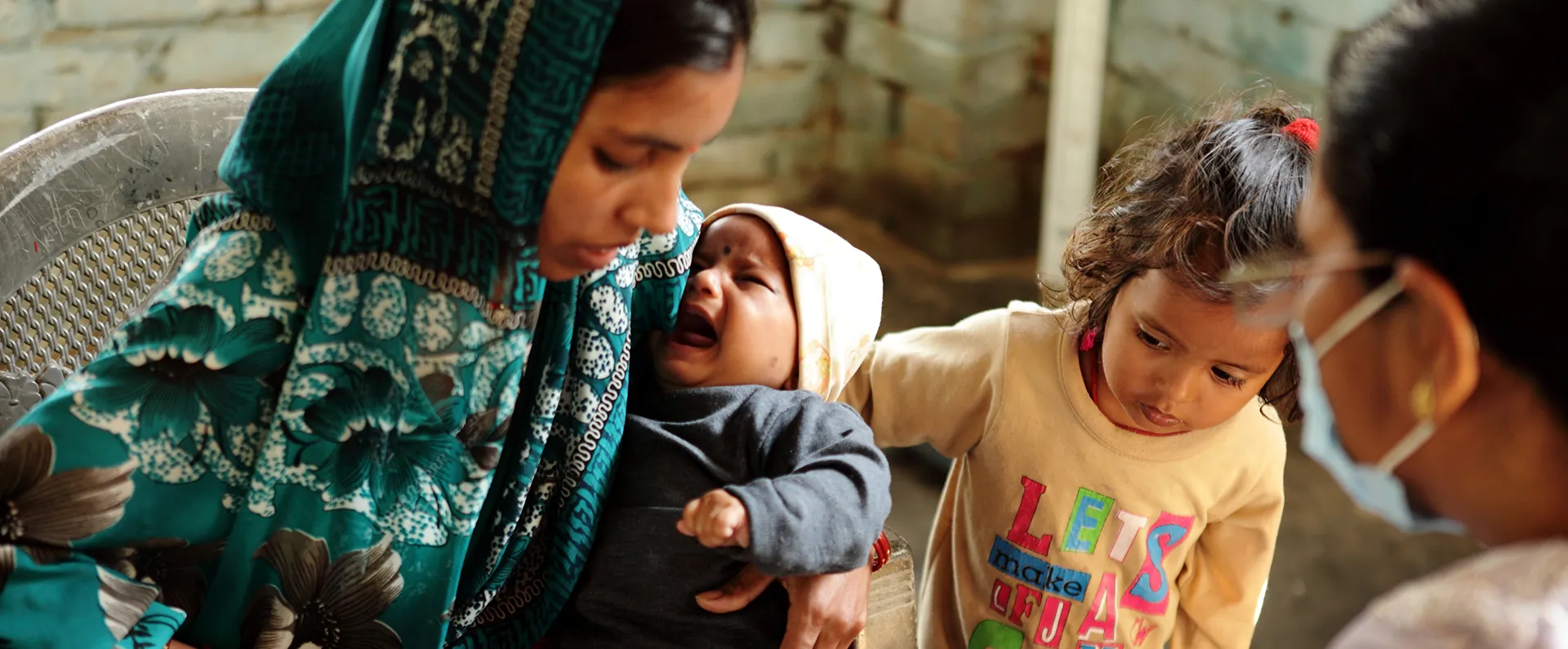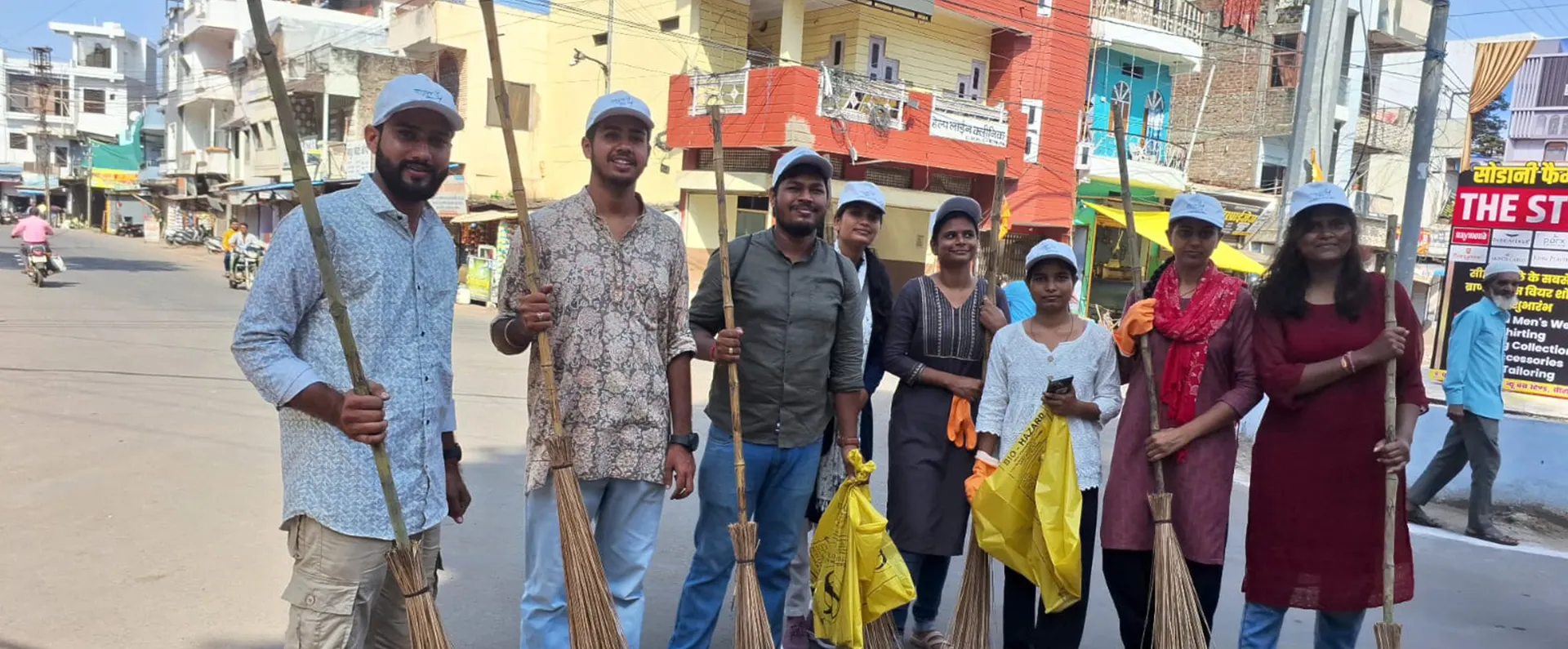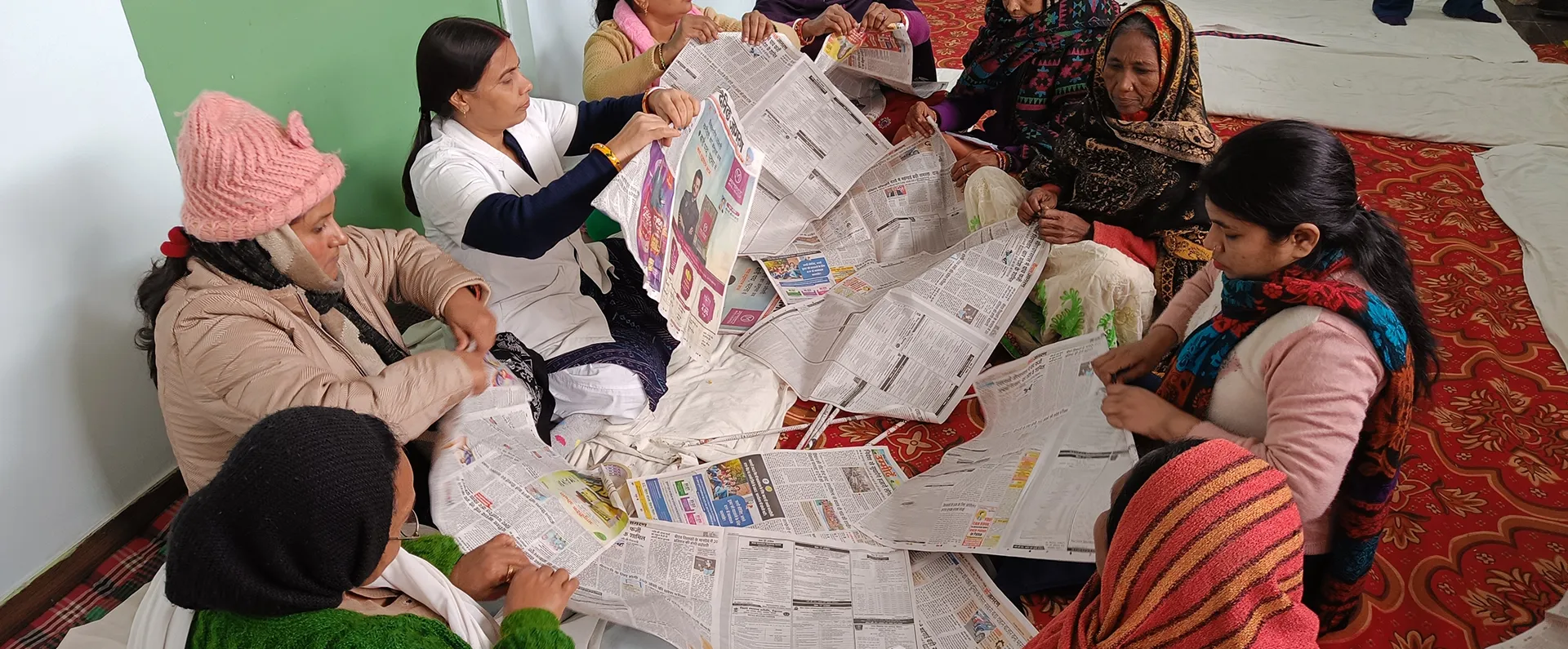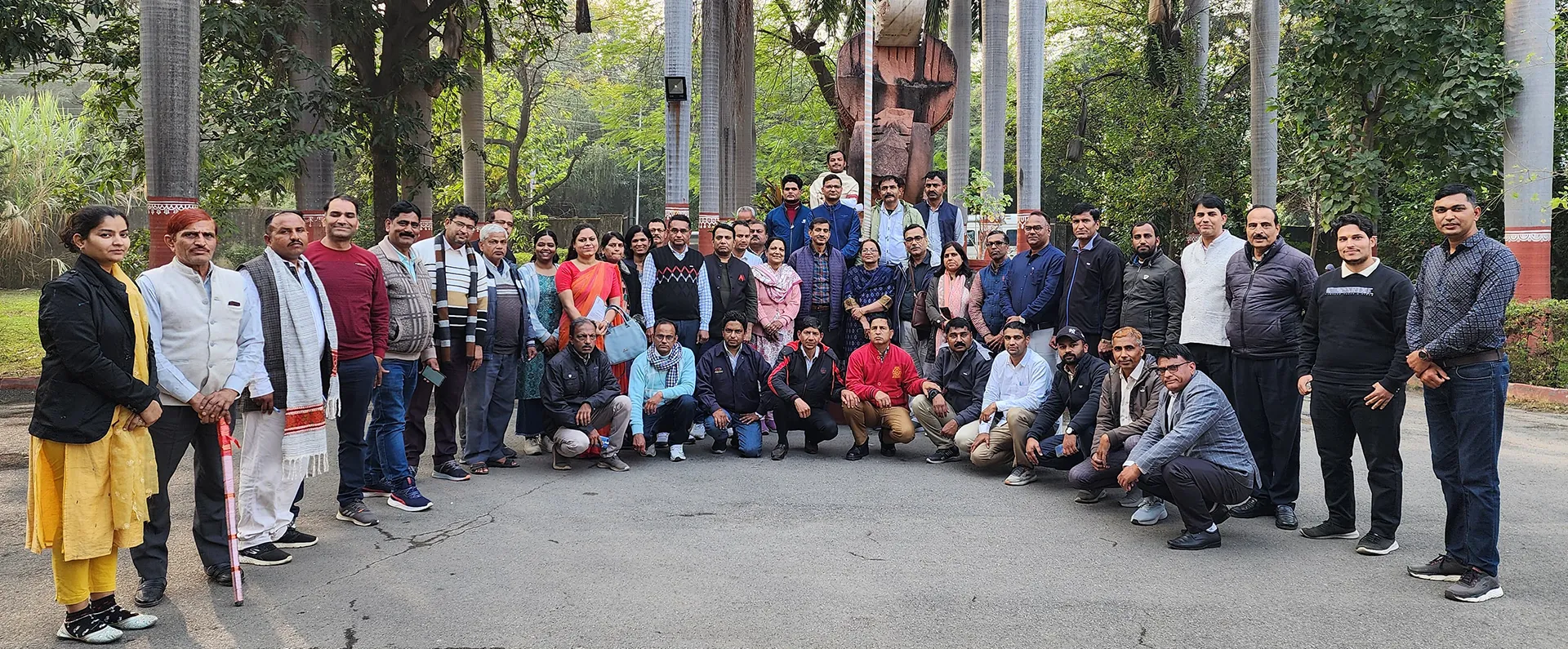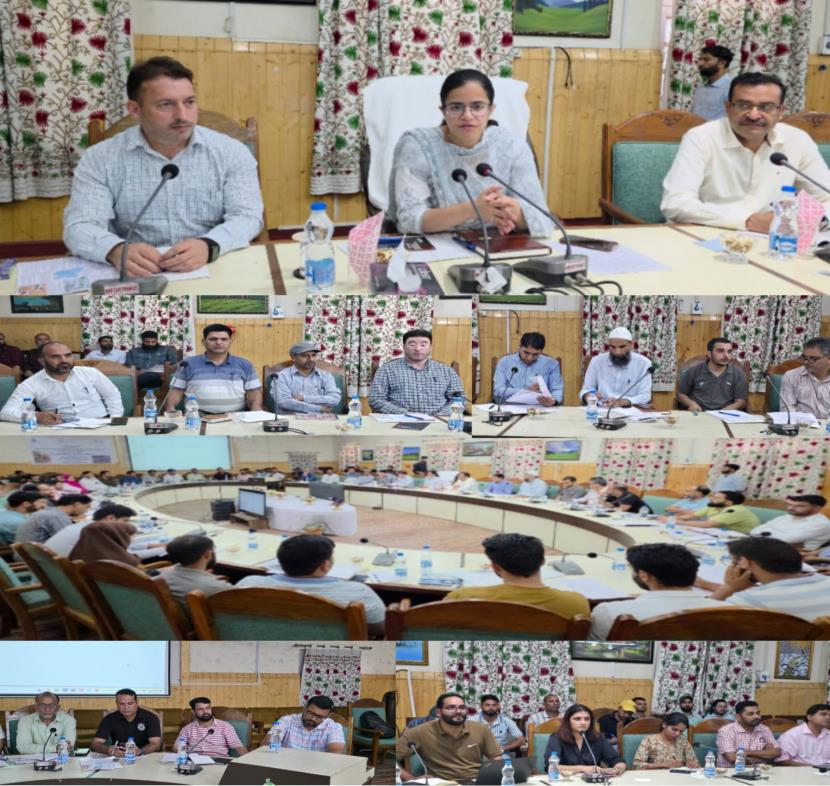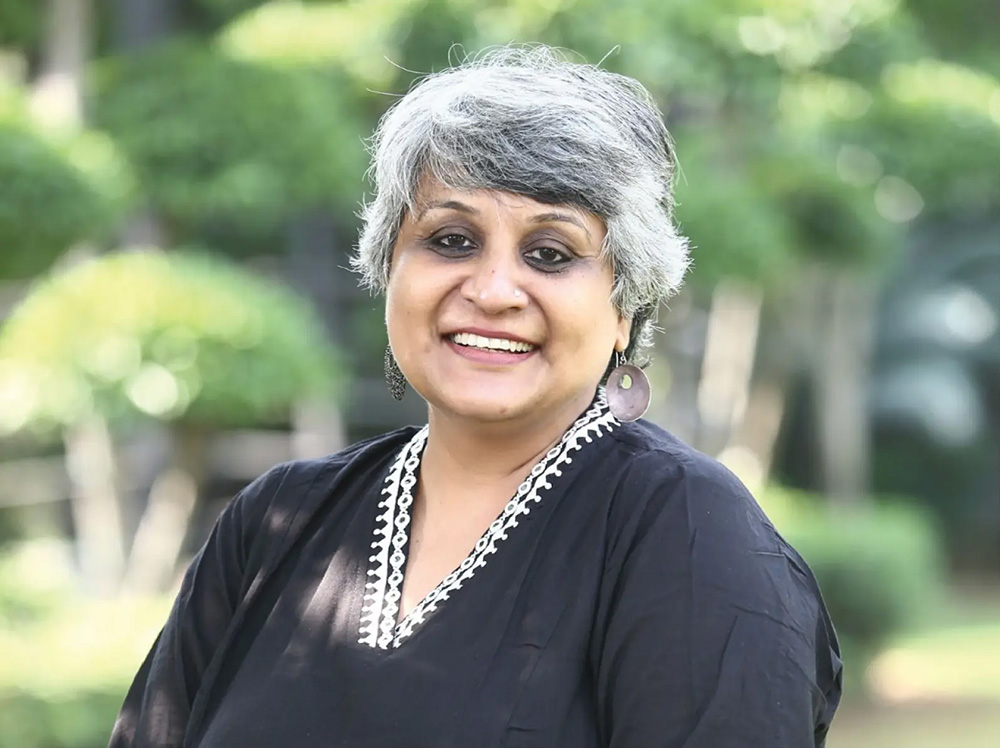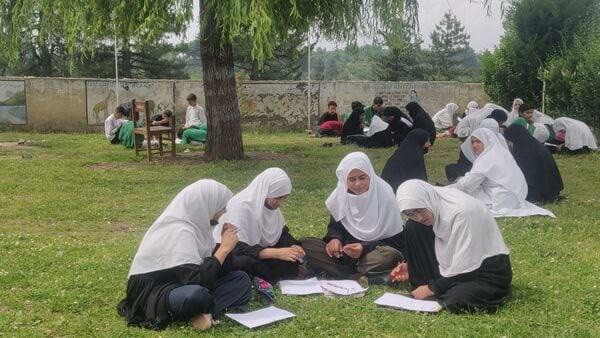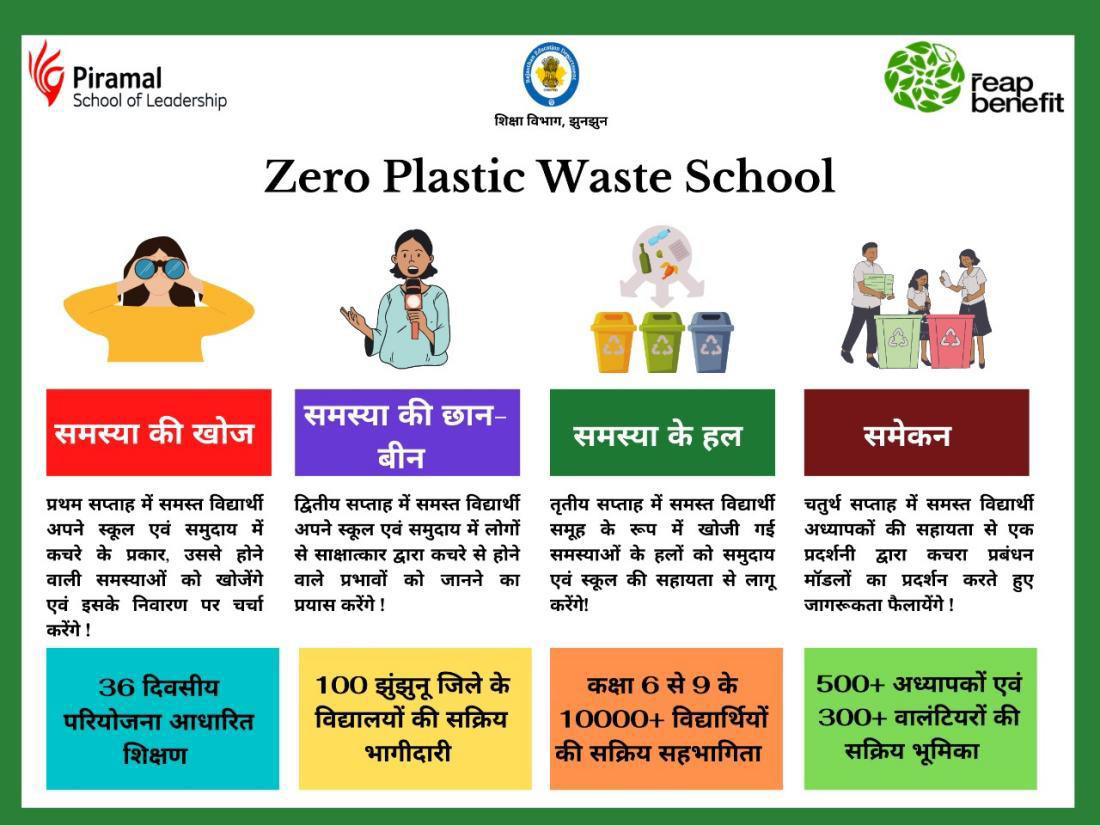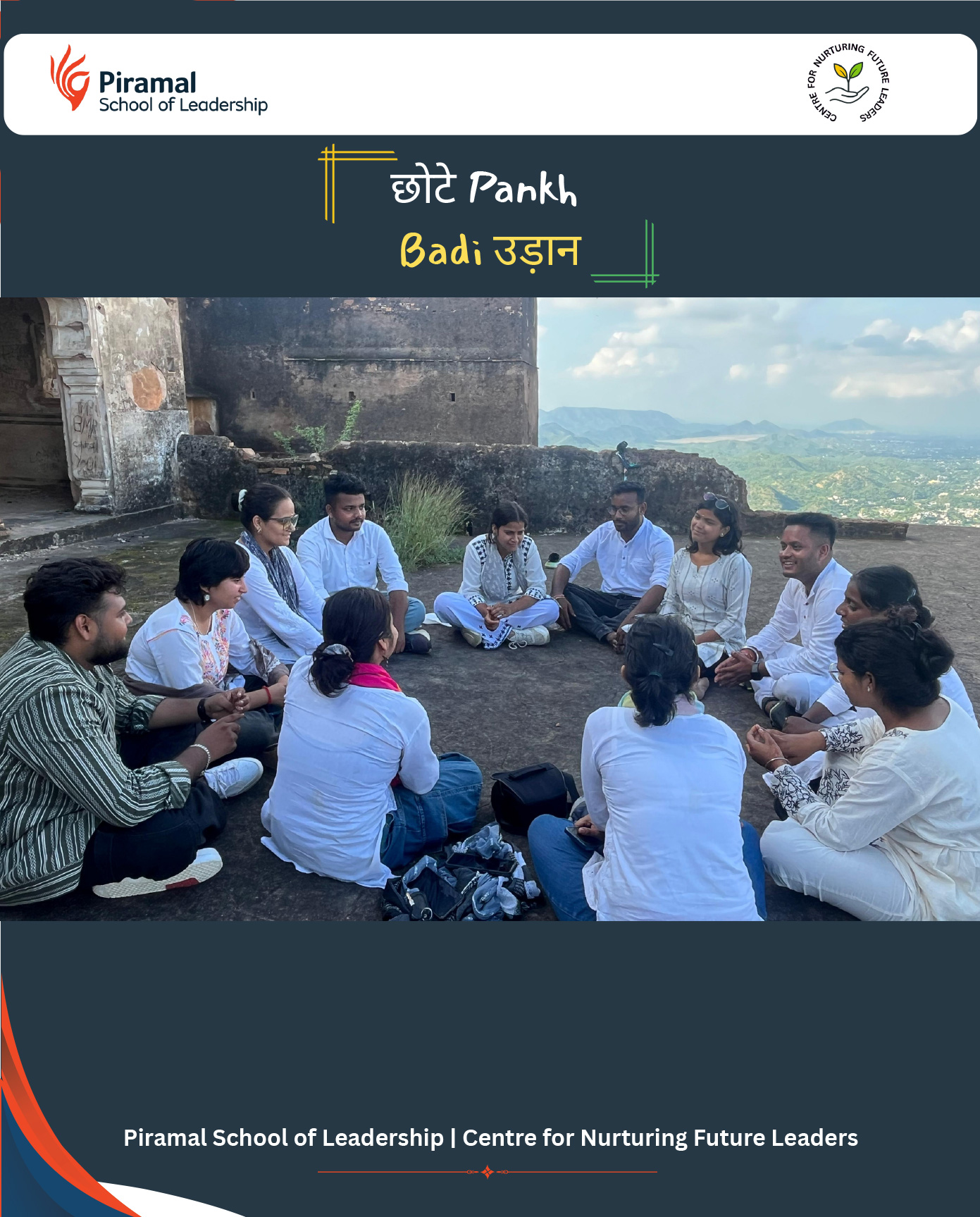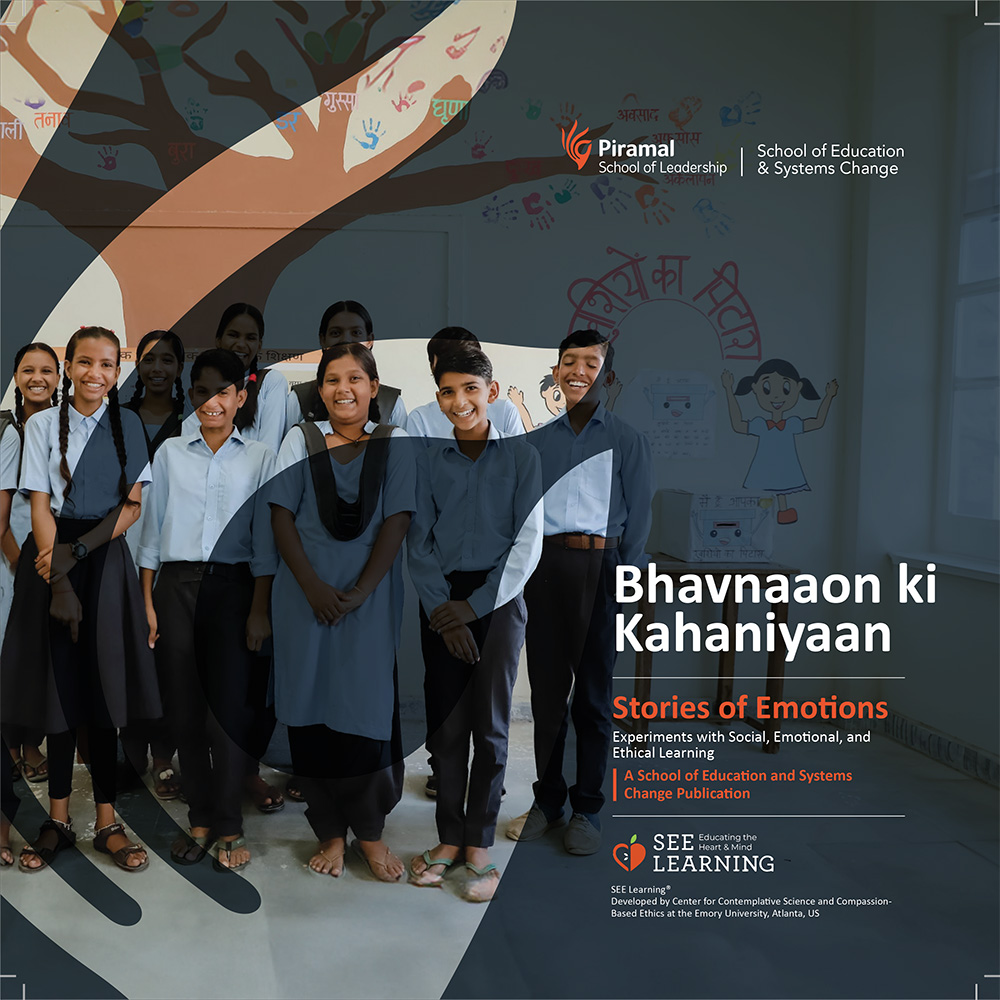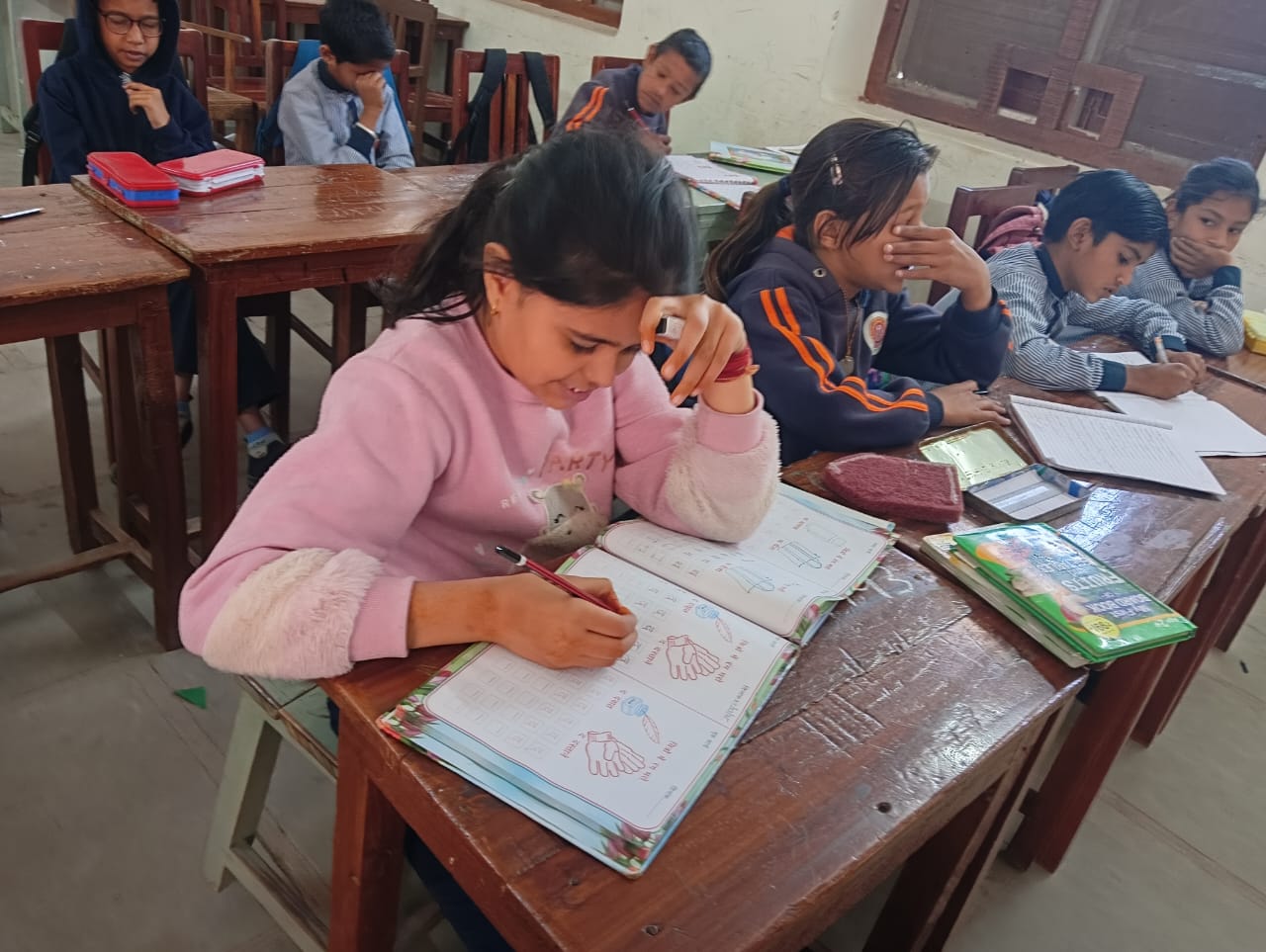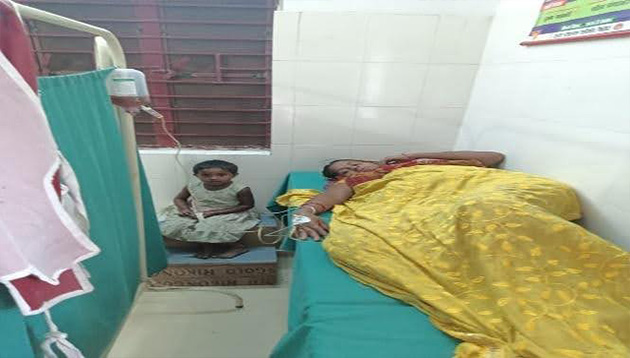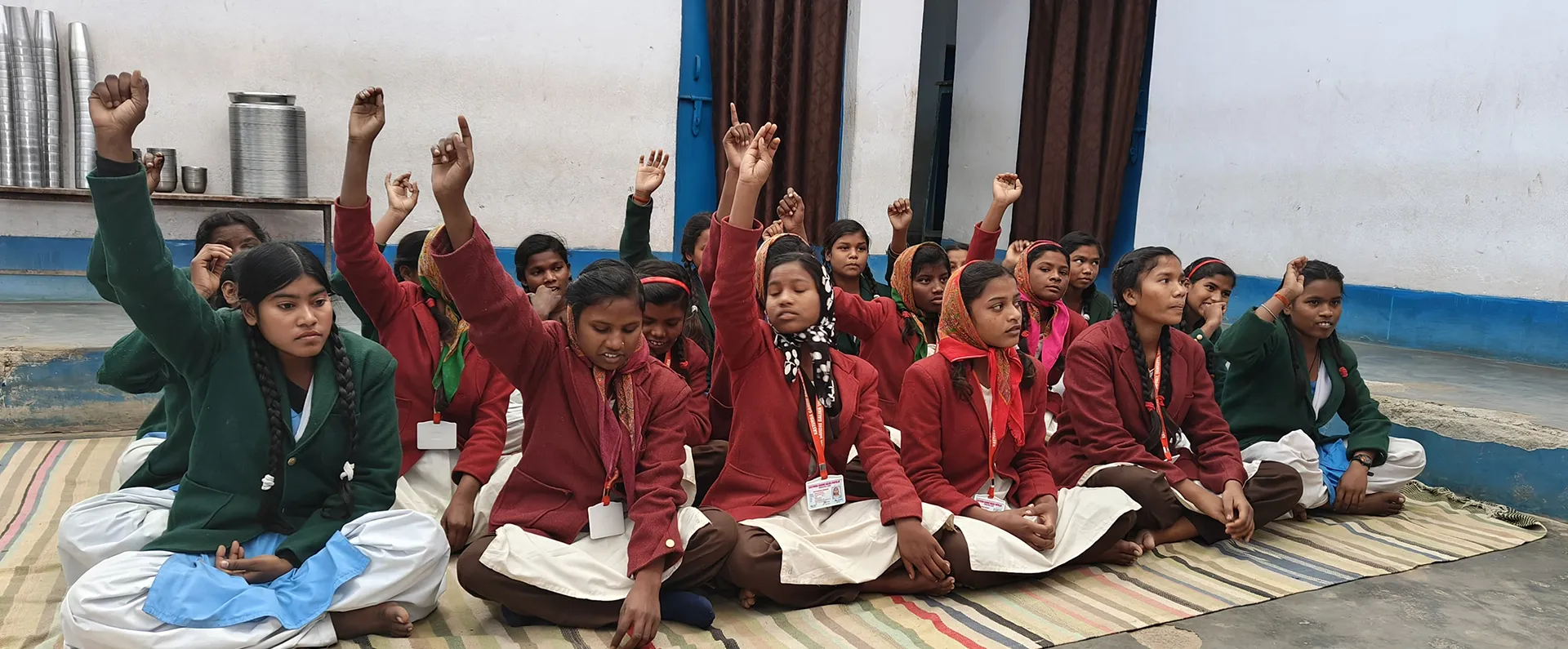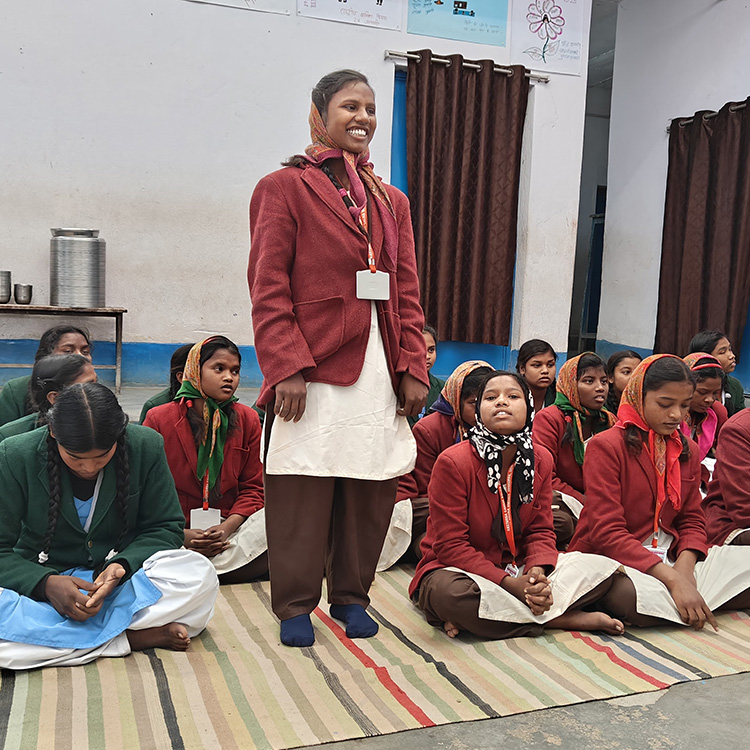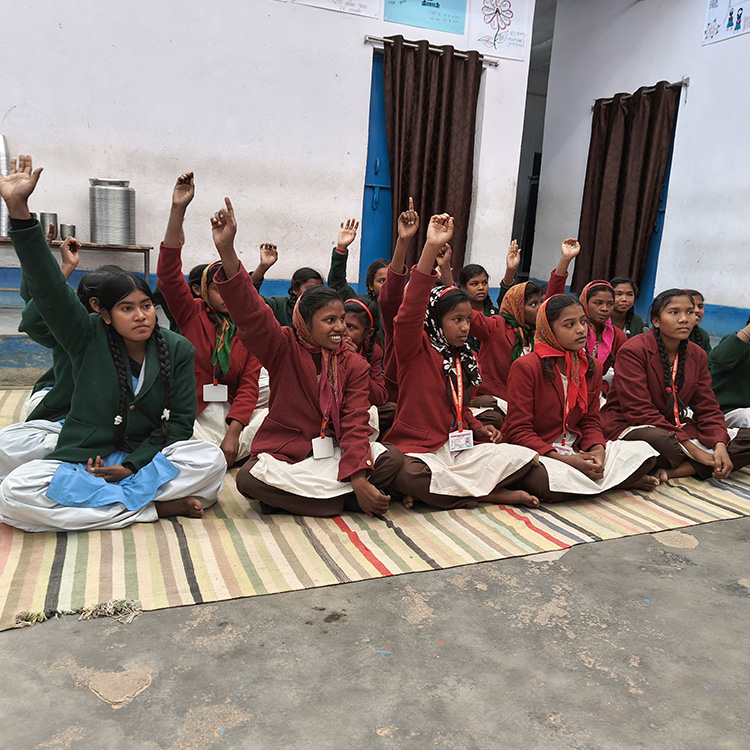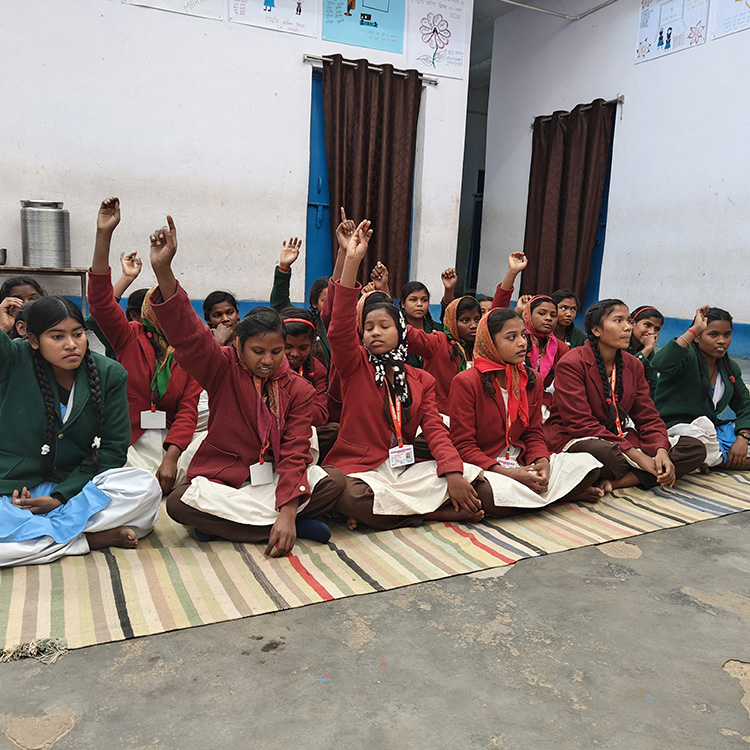Project Samriddhi is a collaborative initiative that brings together civil society, state governments, and corporate partners to scale the success of Project Udaan—a landmark effort launched by the Rajasthan State Government in 2022. Udaan demonstrated the transformative power of pre-matric scholarships and the importance of reshaping parental attitudes toward girls' education.
The expansion through Project Samriddhi reflects the urgent need to replicate these learnings across other high-need states.
The need for Project Samriddhi is underscored by the following critical insights:
Project Udaan reduced the dropout rate of girls in Rajasthan from 9% to 3.7%, demonstrating how scholarships and engagement can effectively keep girls in school.
Government expenditure on girls’ scholarships tripled during Udaan's run—evidence of how advocacy and systemic reform can mobilize resources at scale.
Samriddhi targets Bihar, Jharkhand, Odisha, and Madhya Pradesh—states that collectively contribute to ~20% of India's girl student dropouts (UDISE+ 2021–22).
These four states account for nearly one-fifth of all female secondary school dropouts in the country, requiring urgent and focused intervention.
Social interventions like Project Samriddhi are crucial to dismantling systemic barriers and entrenched social norms. By combining pre-matric scholarship reform, parental engagement, timely governance, and peer support networks, the initiative ensures a smooth transition from primary to secondary school and paves the way for a more inclusive education system for girls.
Interventions
- Technical Assistance to States: Supporting state governments in building capacity to mobilize and optimize scholarship resources, ensuring efficient and equitable distribution.
- Central Government Collaboration: Working with NITI Aayog and relevant ministries to streamline timely allocation of scholarship budgets and introduce annual inflation-linked adjustments to scholarship amounts.
- Community and School Engagement: Engaging directly with schools, girls, and communities to boost awareness and utilisation of scholarships, drive increased enrolment, and enable smoother transitions across educational stages.

